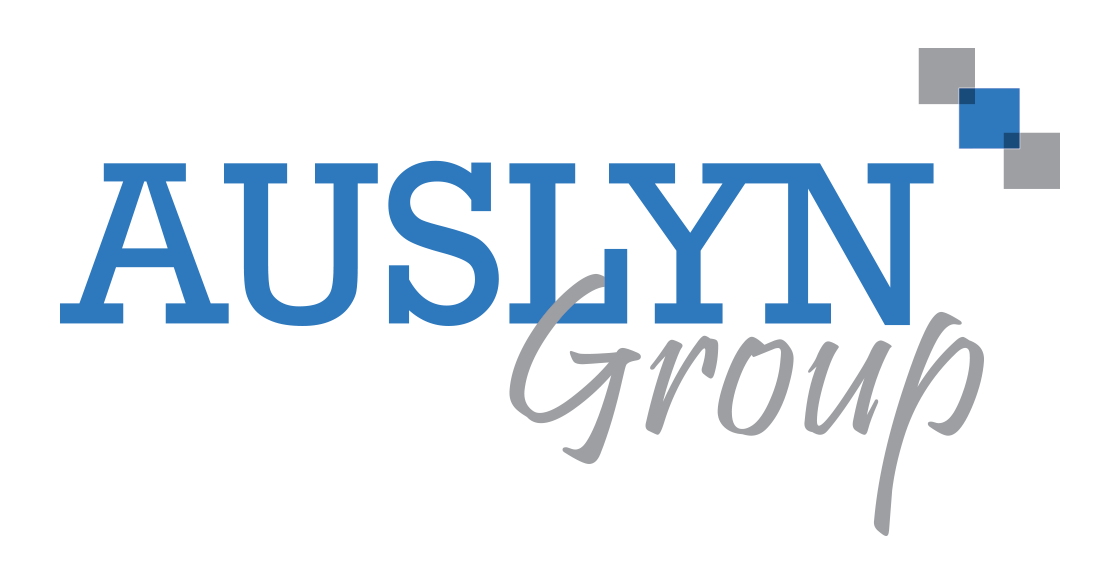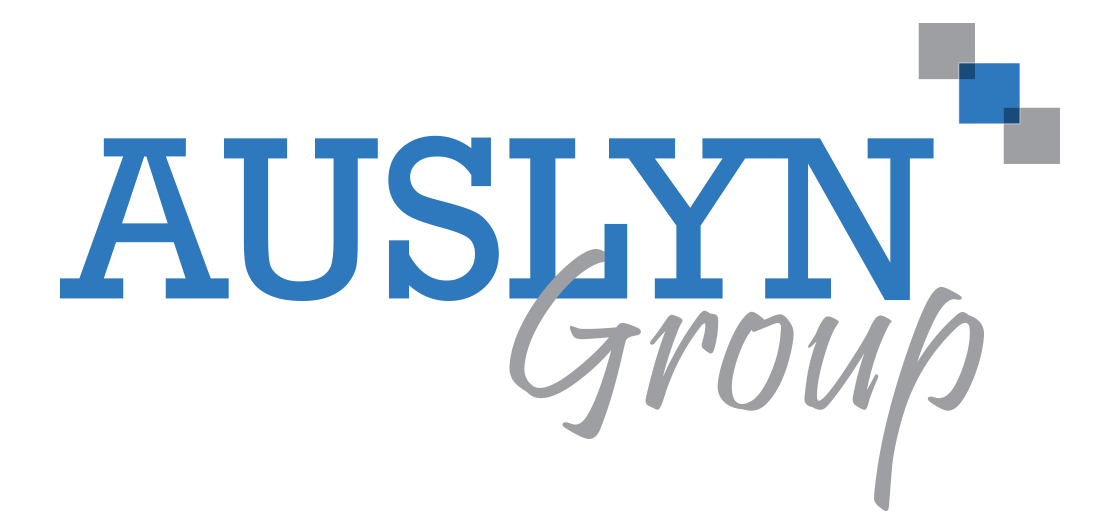ITIL® 4 Specialist: High-Velocity IT
Course Information
Certification: ITIL® 4 Specialist: High-Velocity IT
Duration: 4 Days
Delivery Method: Classroom/Virtual Classroom
Accreditor:
PeopleCert on behalf of AXELOS Available
Languages:
English
Course Description:
The ITIL® 4 Specialist: High-Velocity IT course is based on the ITIL® 4 Specialist: High-Velocity IT candidate syllabus from AXELOS. The course addresses the specifics of digital transformation and helps organizations to evolve towards a convergence of business and technology, or to establish a new digital organization. With the help of ITIL® 4 concepts and terminology, activities, exercises, and examples included in the course, you will acquire relevant knowledge to pass the ITIL® 4 Specialist: High-Velocity IT certification exam.
The ITIL® 4 Specialist: High-Velocity IT course is designed to enable practitioners to explore the ways in which digital organizations and digital operating models function in high-velocity environments. It will help aspiring organizations to operate in a similar way to successful digitally-native organizations. The course includes the use of working practices such as Agile and Lean, and technical practices and technologies such as Cloud, Automation, and Automatic Testing. The focus of these practices and technologies is on the rapid delivery of products and services to obtain maximum value.
Audience:
It is aimed at IT and service management practitioners who work in organizations that are becoming more digitally enabled. It will help those who are familiar with traditional IT and service management concepts to discuss ‘digital’ confidently, develop practical competencies, and integrate new concepts, techniques, and technologies into their ways of working.
Learning Objectives:
At the end of this course, participants will be able to:
● Understand concepts regarding the high-velocity nature of the digital enterprise, including the demand it places on IT.
● Understand the digital product lifecycle in terms of the ITIL operating model.
● Understand the importance of the ITIL guiding principles and other fundamental concepts for delivering high-velocity IT.
● Know how to contribute to achieving value with digital products.
Prerequisites:
Required: ITIL® 4 Foundation Certificate
Course Materials:
The ITIL® 4 Specialist: High-Velocity IT course includes the following course components:
● For Participants
○ Course Book (eBook or printed)
○ ITIL Practices for High-Velocity IT
○ Practices Questions
Course Agenda:
| Day 1 | Day 2 | Day 3 | Day 4 |
|---|---|---|---|
| Module 1 - Course Introduction | Module 6 - High-Velocity IT Culture | Module 11 - Techniques for Valuable Investments | Module 15 - Techniques for Assured Conformance |
| Module 2 - Introduction to High-Velocity IT | Module 7 - Supporting Models and Concepts for Purpose | Module 12 - Techniques for Fast Developments | Mock Exam |
| Module 3 - High-Velocity IT Approaches | Module 8 - Supporting Models and Concepts for People | Module 13 - Techniques for Resilient Operations | Final Exam (Optional) |
| Module 4 - High-Velocity IT Operating Models | Module 9 - Supporting Models and Concepts for Process | Module 14 - Techniques for Co-created Value | |
| Module 5 - ITIL Building Blocks for High-Velocity IT | odule 10 - High-Velocity IT Objectives and Techniques |
Course Outline:
Module 1: Course Introduction
● Course Overview
● Course Learning Objectives
● Target Audience
● Characteristics
● ITIL® 4 Certification Scheme
● Module-End Exercises
● Exam Details
Module 2: Introduction to High-Velocity IT
● High-Velocity IT
● Digital Technology
● Digital Organizations
● Digital Transformation
Module 3: High-Velocity IT Approaches
● Relevance of High-Velocity IT Approaches
● High-Velocity IT Approaches in Detail
Module 4: High-Velocity IT Operating Models
● Introduction
● ITIL Perspective
● High-Velocity IT Aspects
● High-Velocity IT Applications
Module 5: ITIL Building Blocks for High-Velocity IT
● Digital Product Lifecycle
● Service Value Streams
● Four Dimensions of Service Management
● ITIL Management Practices
Module 6: High-Velocity IT Culture
● Key Behavior Patterns
● ITIL Guiding Principles
Module 7: Supporting Models and Concepts for Purpose
● Ethics
● Design Thinking
Module 8: Supporting Models and Concepts for People
● Reconstructing for Service Agility
● Safety Culture
● Stress Prevention
Module 9: Supporting Models and Concepts for Progress
● Working in Complex Environments
● Lean Culture
● ITIL Continual Improvement
Model Module 10: High-Velocity IT Objectives and Techniques
● High-Velocity IT Objectives
● High-Velocity IT Techniques
Module 11: Techniques for Valuable Investments
● Prioritization Techniques
● Minimum Viable Products and Services
● Product/Service Ownership
● A/B Testing
Module 12: Techniques for Fast Developments
● Basic Concepts Related to Fast Development
● Infrastructure as Code
● Reviews
● Continual Business Analysis
● Continuous Integration / Continuous Delivery (CI/CD)
● Continuous Testing
● Kanban
Module 13: Techniques for Resilient Operations
● Introduction to Resilient Operations
● Technical Debt
● Chaos Engineering
● Definition of Done
● Version Control
● Algorithmic IT Operations
● ChatOps
● Site Reliability Engineering (SRE)
Module 14: Techniques for Co-created Value
● Basic Concepts of Co-created Value
● Service Experience
Module 15: Techniques for Assured Conformance
● DevOps Audit Defense Toolkit
● DevSecOps
● Peer Review
Exam Information
Exam Facts
| Delivery | Web Based |
|---|---|
| Format | Closed book |
| Proctoring | Web-proctored |
| Duration | 90 minutes (candidates taking exam in a language that is not their native, may be awarded 25% extra time) |
| # of questions | 40, simple multiple choice (1 mark per question) |
| Pass Grade | 70% (28 marks out of 40) |
Exam Location
● Exam will be conducted online with a virtual proctor using an exam voucher which is included with the purchase of the course.


